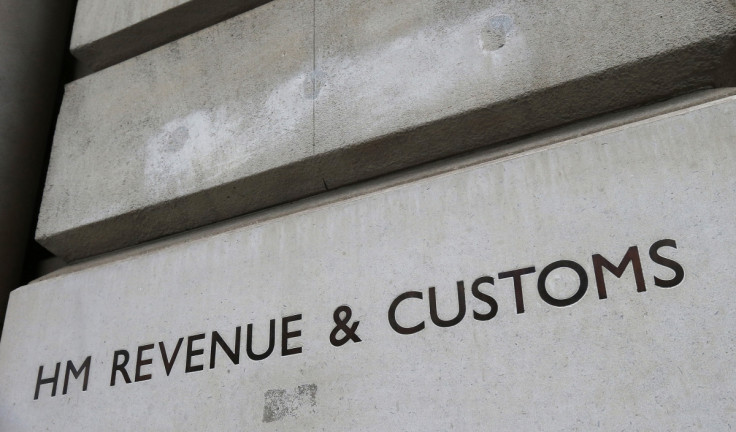HMRC: Tax Gap Widens for First Time in Seven Years after Increase in Fraudulent Activity

HM Revenue and Customs (HMRC) has said that the 'tax gap' has increased for the first time in seven years.
The tax gap, which is the difference between what HMRC should be taking in taxes and what it actually takes, rose to £34bn – up by 6.8% – in the year ending April 2013.
It is the first time since the 2004/05 fiscal year that there has been a rise in the tax gap, which prompted Financial Secretary to the Treasury, David Guake, to say that there is "still more work to do".
He said: "Since 2010 to 2011 the percentage tax gap has stayed lower than at any point under the previous government, saving the country £4bn. Today's figures show that there's still more work to do but our continued drive to tackle avoidance means that avoidance is down.
"In 2012 to 2013 HMRC achieved a compliance yield of £20.7bn, rising to a record breaking £23.9bn in 2013 to 2014.
"The UK has one of the lowest tax gaps in the world but HMRC will continue to deploy its resources and skills to maintain the downward pressure that has proved so effective in recent years."
HMRC said that the increase in the tax gap was due to a rise in fraudulent activity while accepting that people are liable to make errors on their tax returns.
Shabana Mahmood, Shadow Exchequer Secretary to the Treasury for Labour, criticised the government's role in the unexpected increase.
Mahmood said: "These damning figures show that this government is totally failing to tackle tax avoidance and evasion.
"According to HMRC's own assessment, the amount of uncollected tax rose again last year and has now gone up by £3bn."
© Copyright IBTimes 2025. All rights reserved.






















